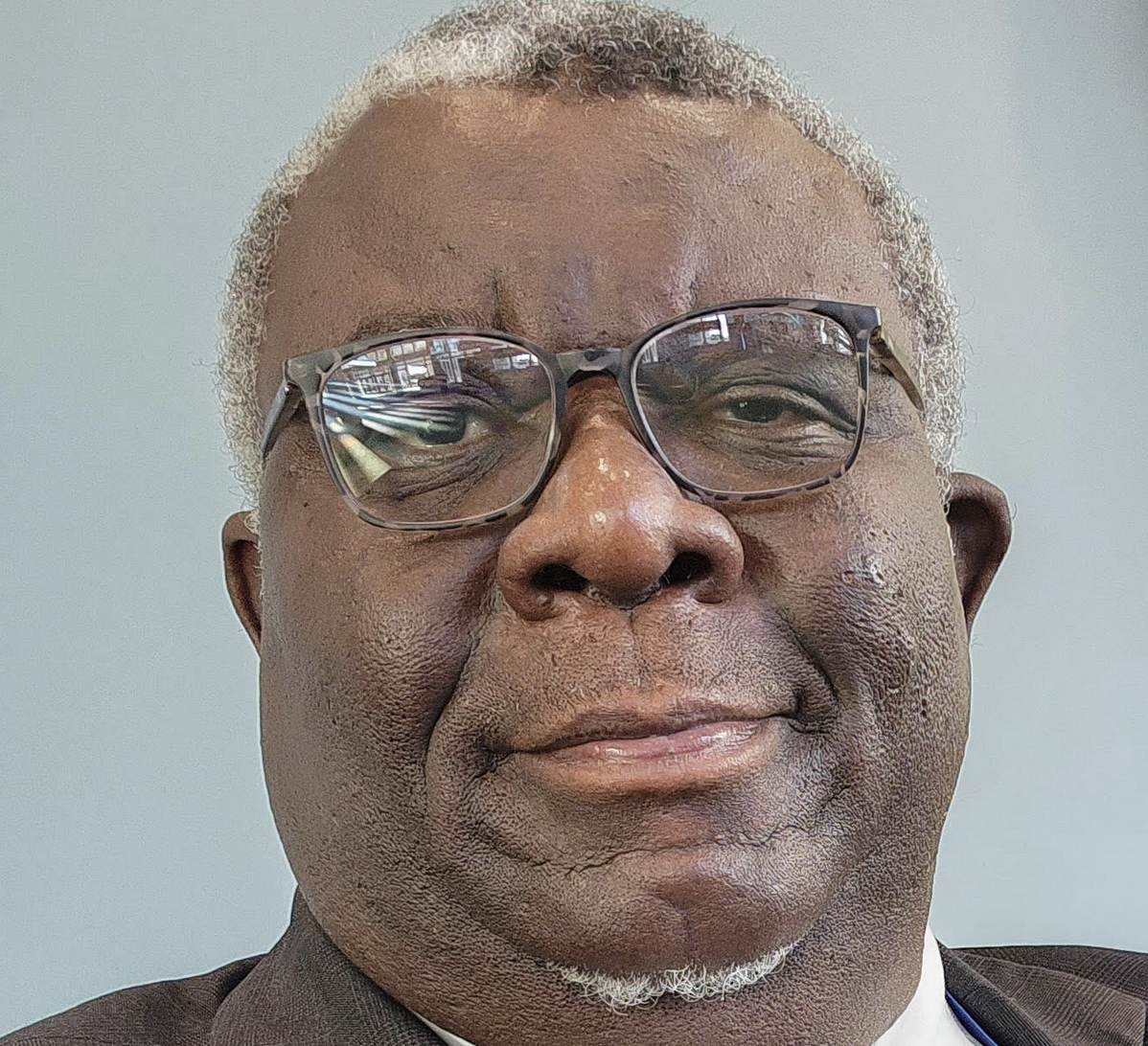President Donald Trump has suffered the ignominy of being the third President of the United States to be impeached by the House of Congress. The vote was along party lines – when the matter is kicked to the Republican controlled Senate the Articles of the Resolution to impeach is anticipated to be rejected.
What cannot be refuted is that Donald J Trump is now recorded in history as the third president of the United States to be impeached.
Donald Trump you are fired!




The blogmaster invites you to join the discussion.